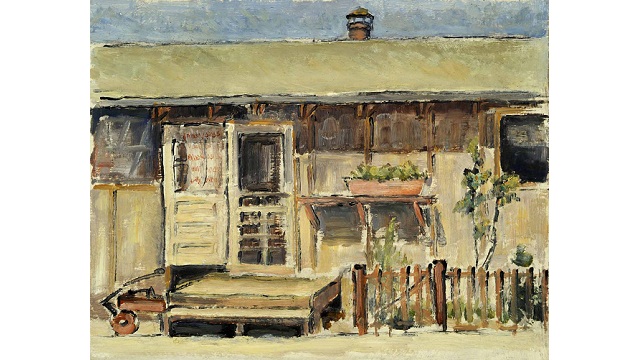The Science of Science Communication: National Academies Event Examines Our Inconvenient Minds and Social Identities

Over the past decade, there has been an explosion of research from the social and behavioral sciences offering insight on how individuals, social groups and political systems come to understand and make decisions related to science, the environment, technology, and medicine.
Research in this area stretches across disciplinary boundaries, university departments, funding agencies and field-specific journals, is the subject of inquiry at journals like Science and Nature, debated in the media and at blogs, and the focus of top-selling books.
Indeed, as New Scientist magazine proclaimed in a recent cover story: “It may be high time US scientists put aside their own scepticism about the ‘soft’ social sciences, and embrace what these studies have to say” about the communication processes shaping debates ranging from climate change to stem cell research.
Enter the National Academies.
Marshaling the very best of its convening and agenda-setting function, on May 20-21 in Washington, DC, the Academies will be hosting a prestigious 2-day Sackler Colloquia surveying the state-of-the-art of social science research on communication, connecting this research to its implications for science-related governance, policy and public engagement.
Highlights include:
In one of the sessions, I will be joined by colleagues William Eveland and Dominique Brossard, reviewing research on how the media cover and portray science; the relationship to policy and societal decisions; how audiences find and use information, and the impact on attitudes, behavior and knowledge.
Other presentations by collaborators familiar to readers of this blog include Edward Maibach reviewing the role of research in science communication across the private, government and non-profit sectors; Anthony Leiserowitz proposing innovations related to climate change communication; and Dietram Scheufele integrating research across fields on the societal dynamics of science communication
I have posted the 2 day agenda below. You will want to register early by May 7. The event will be held in the historic National Academy of Sciences building, located at 2101 Constitution Avenue, NW, in Washington, DC, adjacent to the National Mall, U.S. State Department and Lincoln Memorial.
The event was organized by National Academies president Ralph Cicerone and Vice President Barbara Schaal, AAAS CEO Alan Leshner, Carnegie Mellon University’s Baruch Fischhoff, and the University of Wisconsin’s Dietram Scheufele. Video will be available and summary papers by participants will be submitted for review and possible publication at the Proceedings of the National Academies of Sciences.
Program and Agenda
Monday, May 21, 2012
8:30 a.m.Welcome
The Science of Science Communication: Overviews
Discussion
10:00 a.m.Science in our Daily Life: Emerging Technologies and Their Likely Impacts on Lay Publics
Discussion
12:00 p.m.Lunch Speaker
1:00 p.m.The Science of Science Communication I: What do people likely need to know about science?
Discussion
3:00 p.m.The Science of Science Communication II: How can scientists provide the information that individuals need? How can that information be conveyed effectively? How can trustworthy communication channels be created?
Discussion
5:00 p.m.Annual Sackler Lecture
5:00 p.m. – Reception6:00 p.m. – Annual Sackler Lecture, Daniel Kahneman, Princeton University
Tuesday, May 22, 2012
8:30 a.m.Welcome
8:45 a.m.The Science of Science Communication III: Communication Dynamics in Socio-Political Contexts – How Science is Presented and Understood in Modern Mass Cultures
Discussion
10:45 a.m.Science and Politics: Forum of Presidential Science Advisors
Moderator: Ralph Cicerone
Discussi
12:15 p.m.Lunch
1:15 p.m.The Science of Science Communication IV: Structures and Strategies—Developing Organizational Infrastructures for Evidence-Based Communication about Science
Discussion
3:15 p.m.Bold Proposals: Harnessing Communication Science
Speakers: Barbara Kline Pope, National Academy of Sciences
Anthony Leiserowitz, Yale University
Valerie Reyna, Cornell University
Respondents:Alan Leshner, American Association for the Advancement of Science
Michael Crow, Arizona State
Paula S. Apsell, PBS/NOVA
4:30 p.m.General Discussion
5:00 p.m.Adjourn
See Also:
What’s Next for Science Communication? Promising Directions and Emerging Best Practices
Reading List and Videos for American University Seminar on Science and Environmental Communication
How Scientists View the Public, the Media,, and the Political Process
Understanding Public Opinion and Participation in the Climate Change Debate
Reframing Climate Change as a Public Health Problem
Science Journalists Online: Shifting Roles and Emerging Practices
Study Maps Relationship Between Cable News and Climate Change Perceptions
America’s Peak Oil Perceptions





